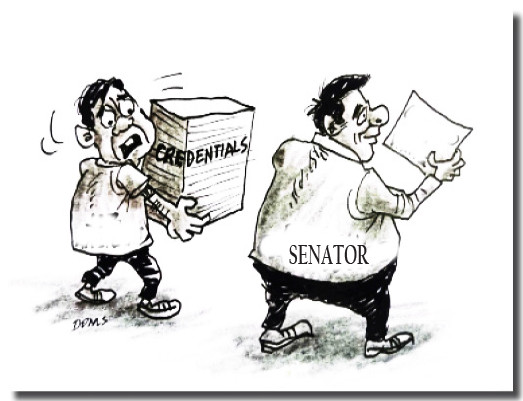The Senate’s decision to return the articles of impeachment against Vice President Sara Duterte to the House of Representatives is an issue of prudence. It was a reminder that even the most serious political processes must be handled with procedural integrity and constitutional clarity.
Impeachment, by its very nature, demands strict adherence to the legal framework laid out in the Constitution. The Senate, being the court in any impeachment trial, cannot proceed with a case built on vague charges or defective procedures. Accepting ill-prepared or politically motivated articles undermines not only the process but also the Senate’s institutional credibility. The return of the documents signals a refusal to be dragged into an exercise that lacks juridical rigor or substantive grounding.
What is at stake is not just the political fate of the Vice President but the integrity of the entire impeachment mechanism. A flawed complaint sets a dangerous precedent, reducing this vital constitutional safeguard into a partisan tool. The Senate’s decision reflects a sober understanding that it cannot allow itself to be used as an arena for political vendettas disguised as legal accountability. Suppose the House is serious about pursuing an impeachment trial. In that case, it must do its due diligence—investigate thoroughly, document responsibly, and charge only on grounds that are legally and morally defensible.
The wisdom behind returning the articles lies in affirming the Senate’s constitutional role as the impeachment court, not the complaint registry. By standing firm, the Senate preserves the sanctity of the process. This is not about shielding anyone from prosecution, but about upholding a standard that protects the process from abuse. The Senate’s restraint is not an evasion of responsibility—it is a demonstration of fidelity to due process, and a demand for the House to act with equal solemnity.
What is now required is for the lower chamber to go back to its duty with seriousness, precision, and responsibility. If it truly believes in its cause, then it must prove it not through headlines or emotion, but with evidence, coherence, and constitutional discipline. This is the only way the nation can move forward—guided by law, not by impulse.




